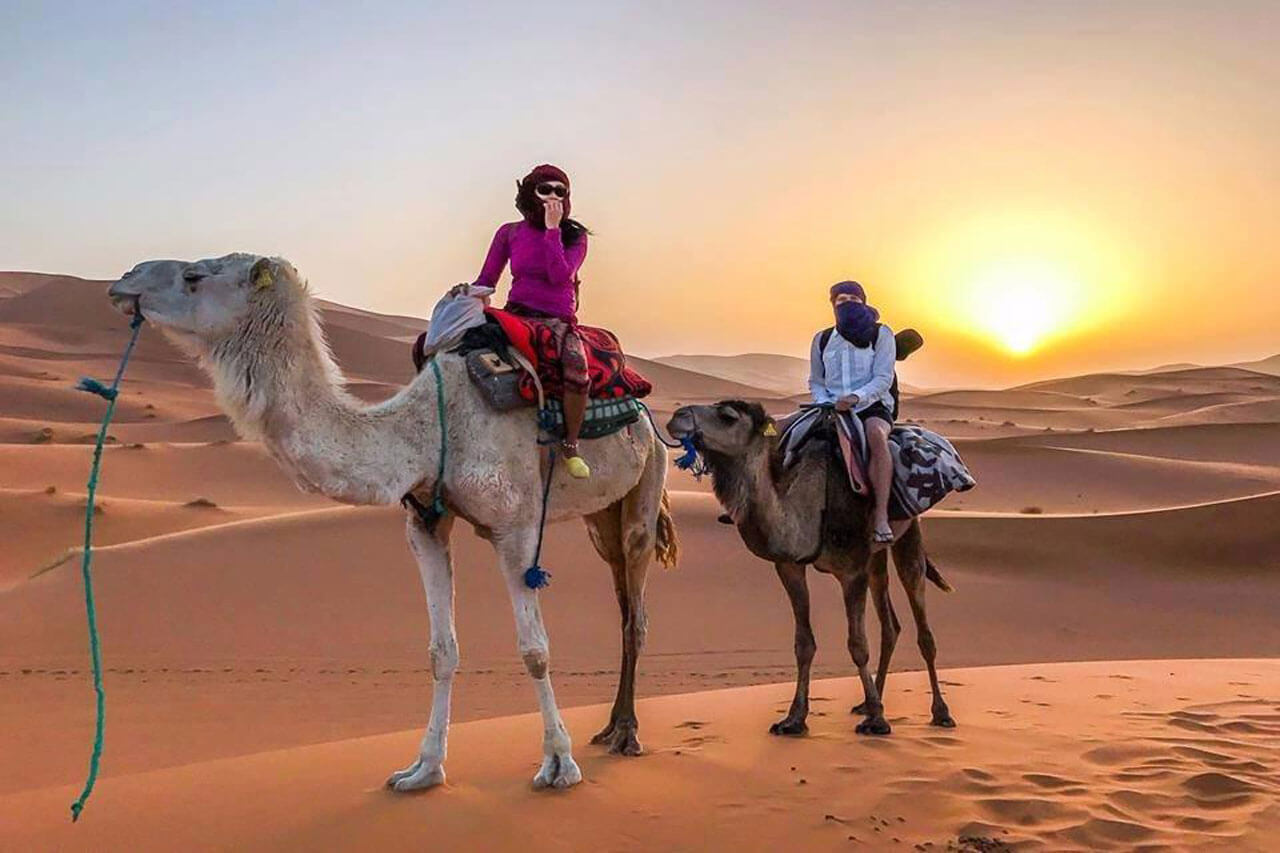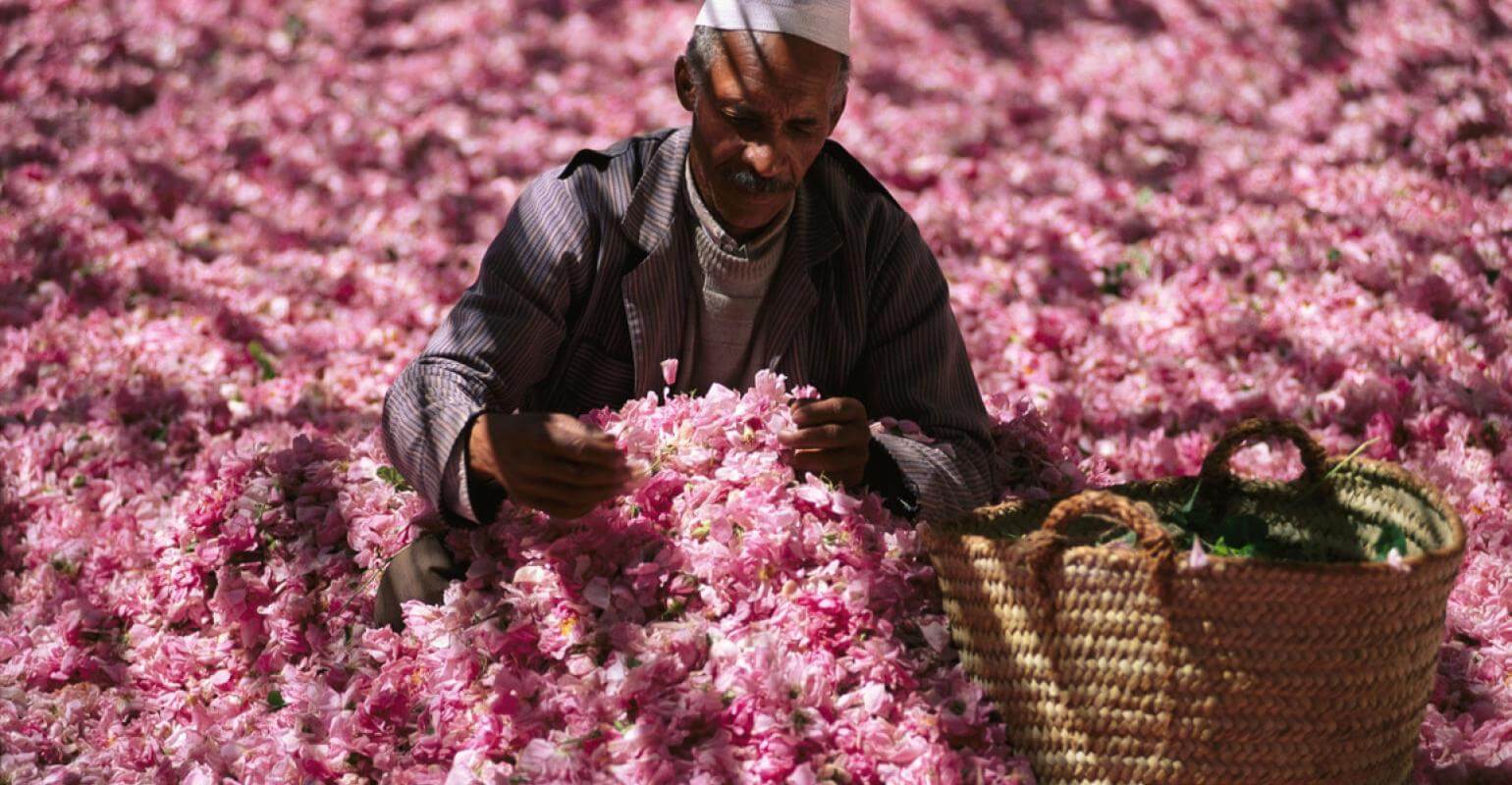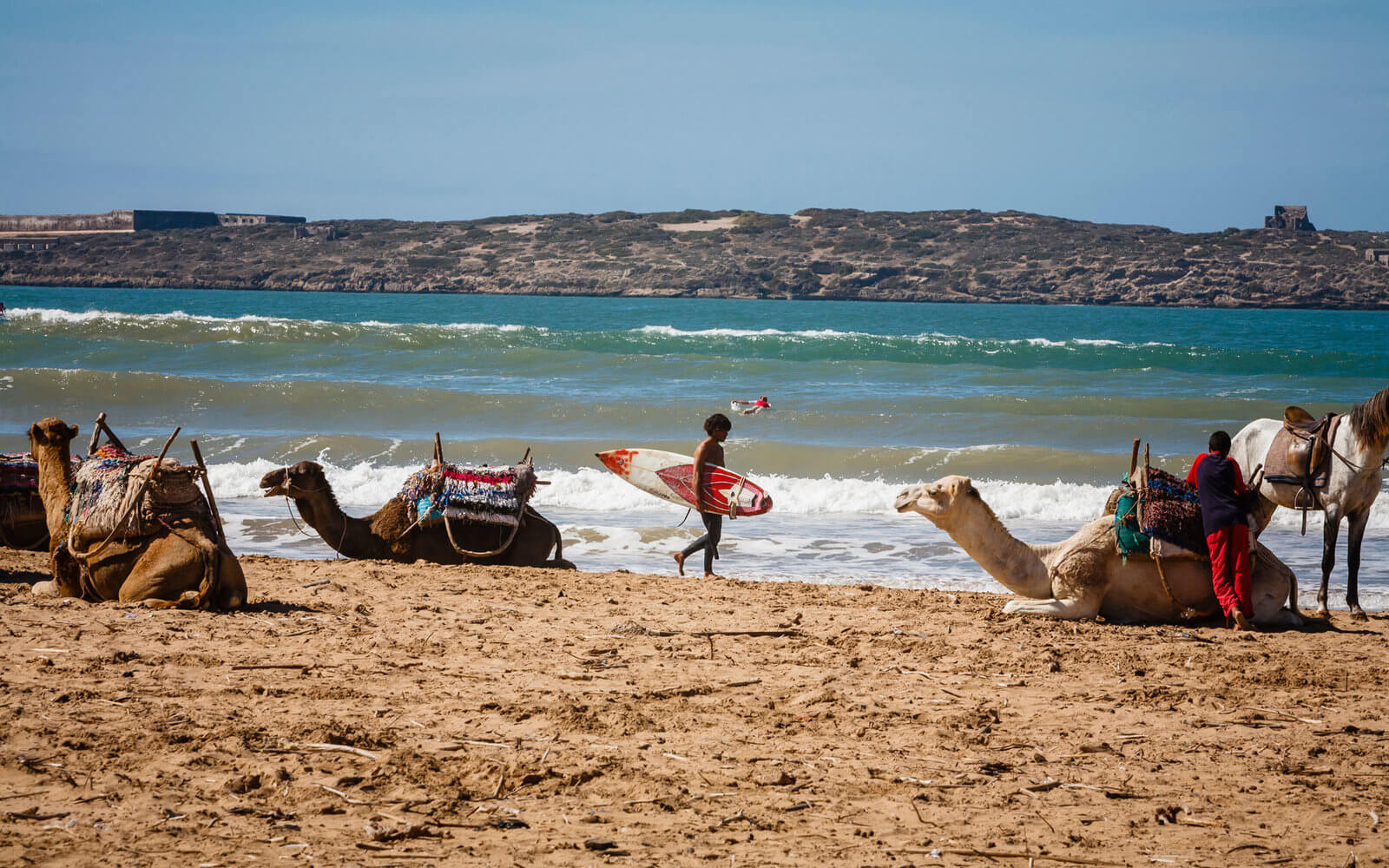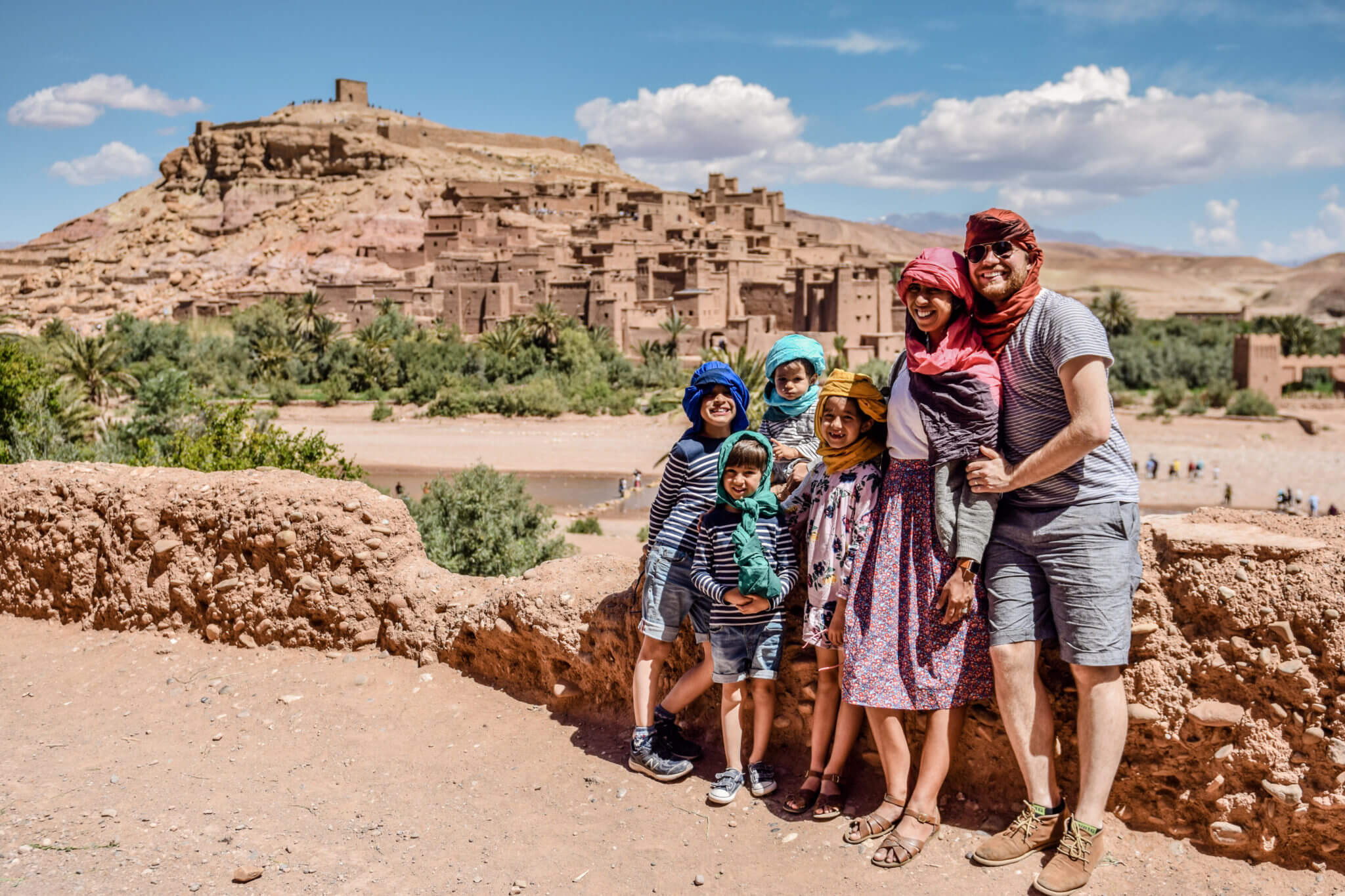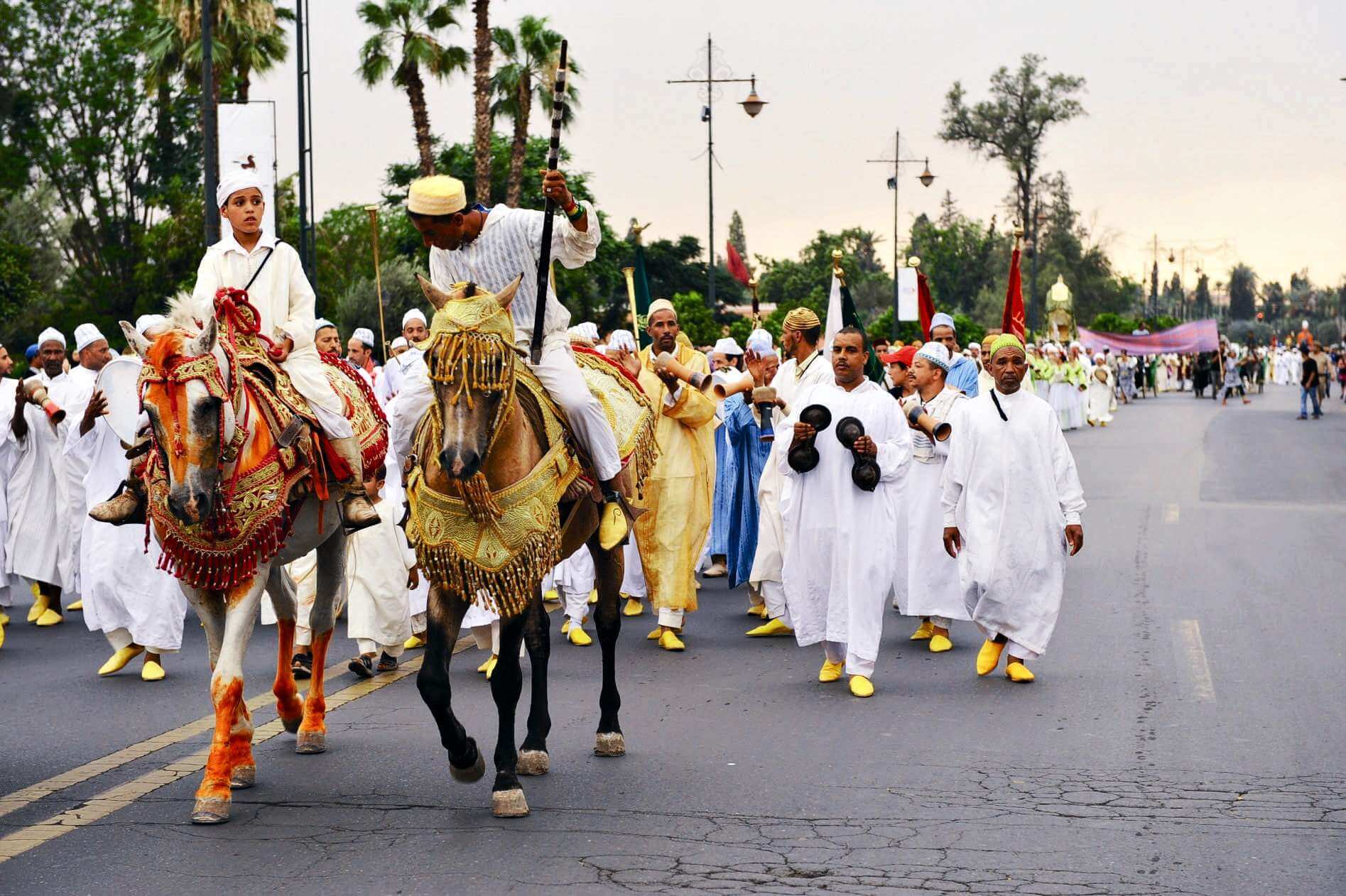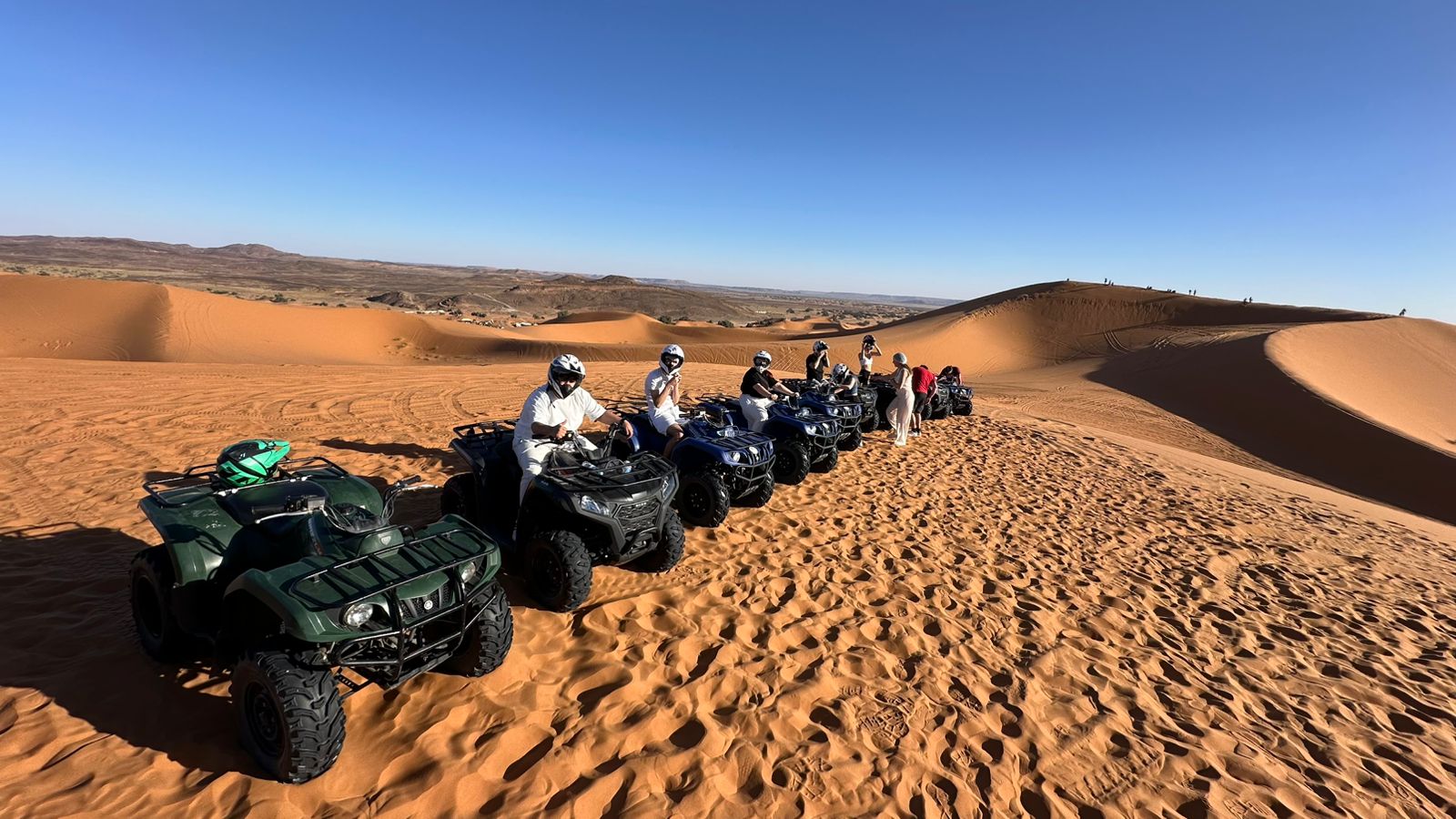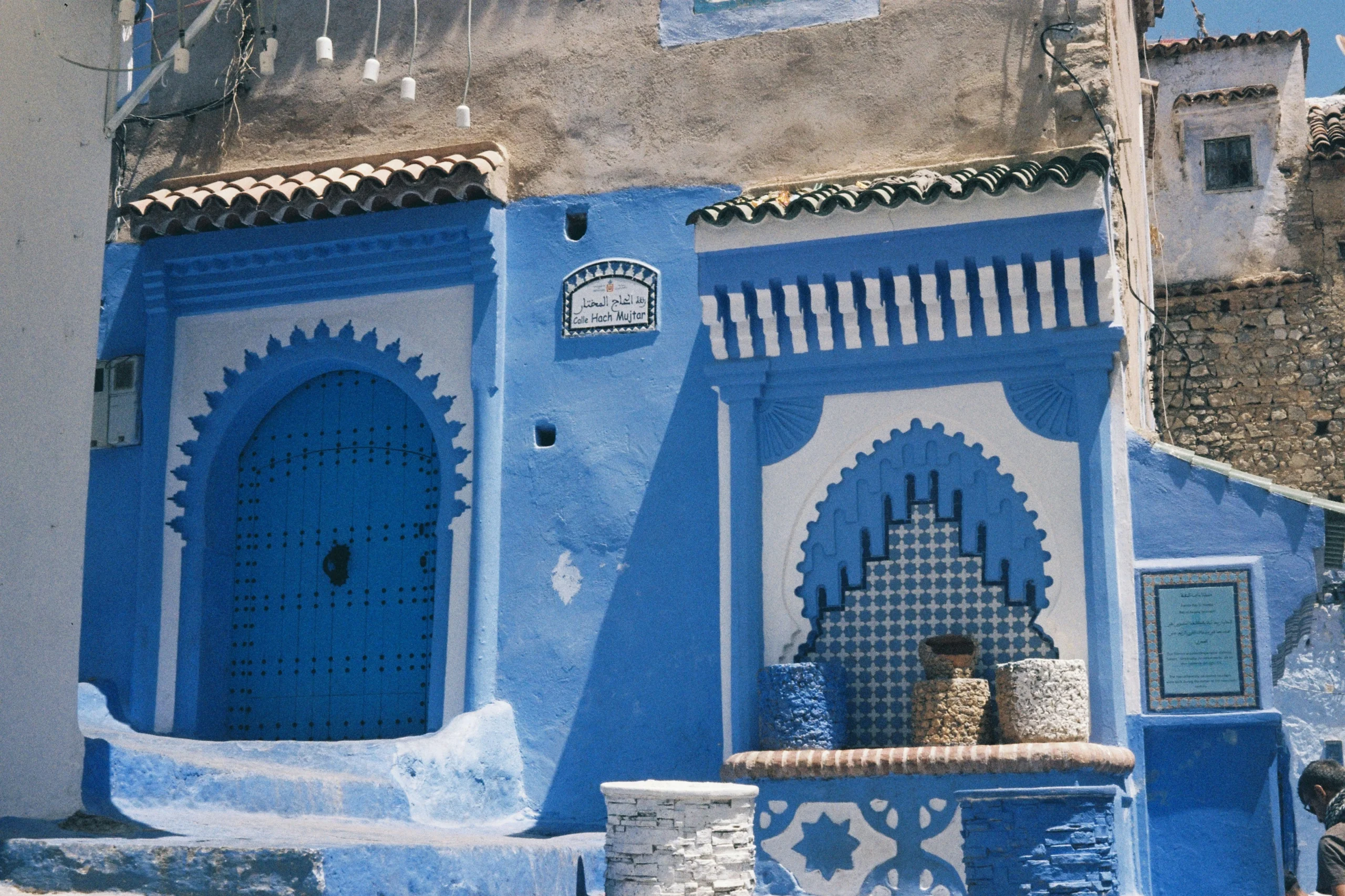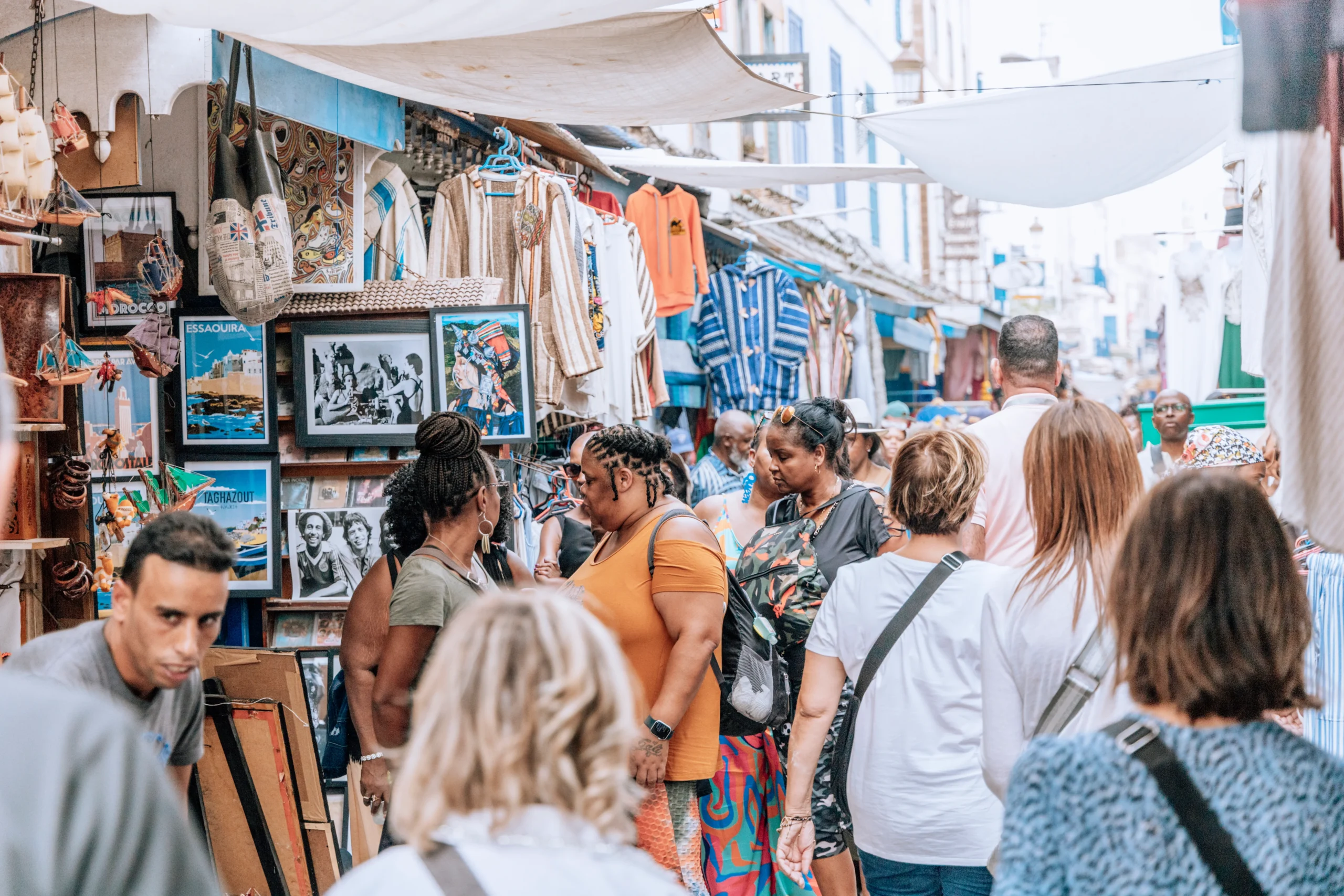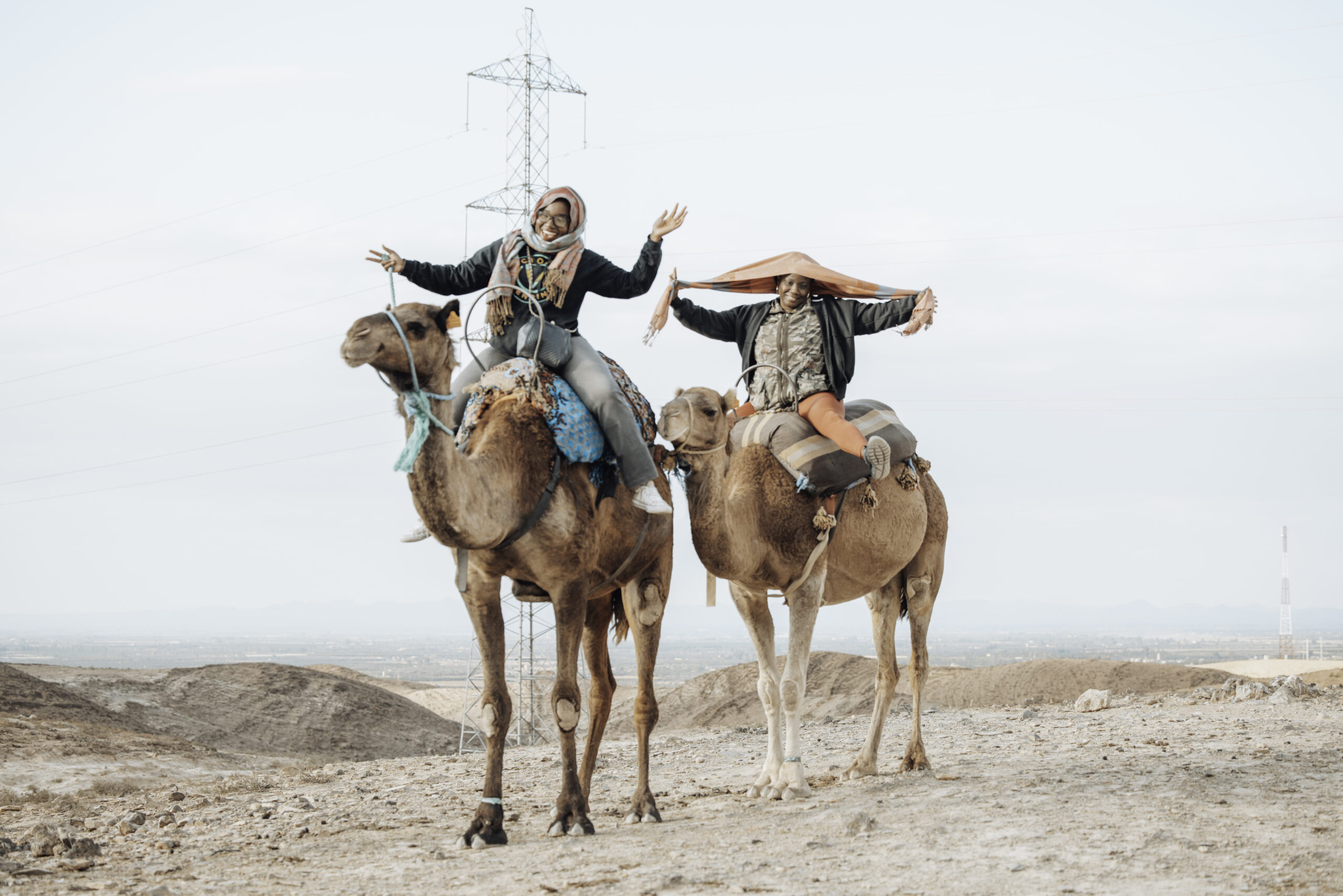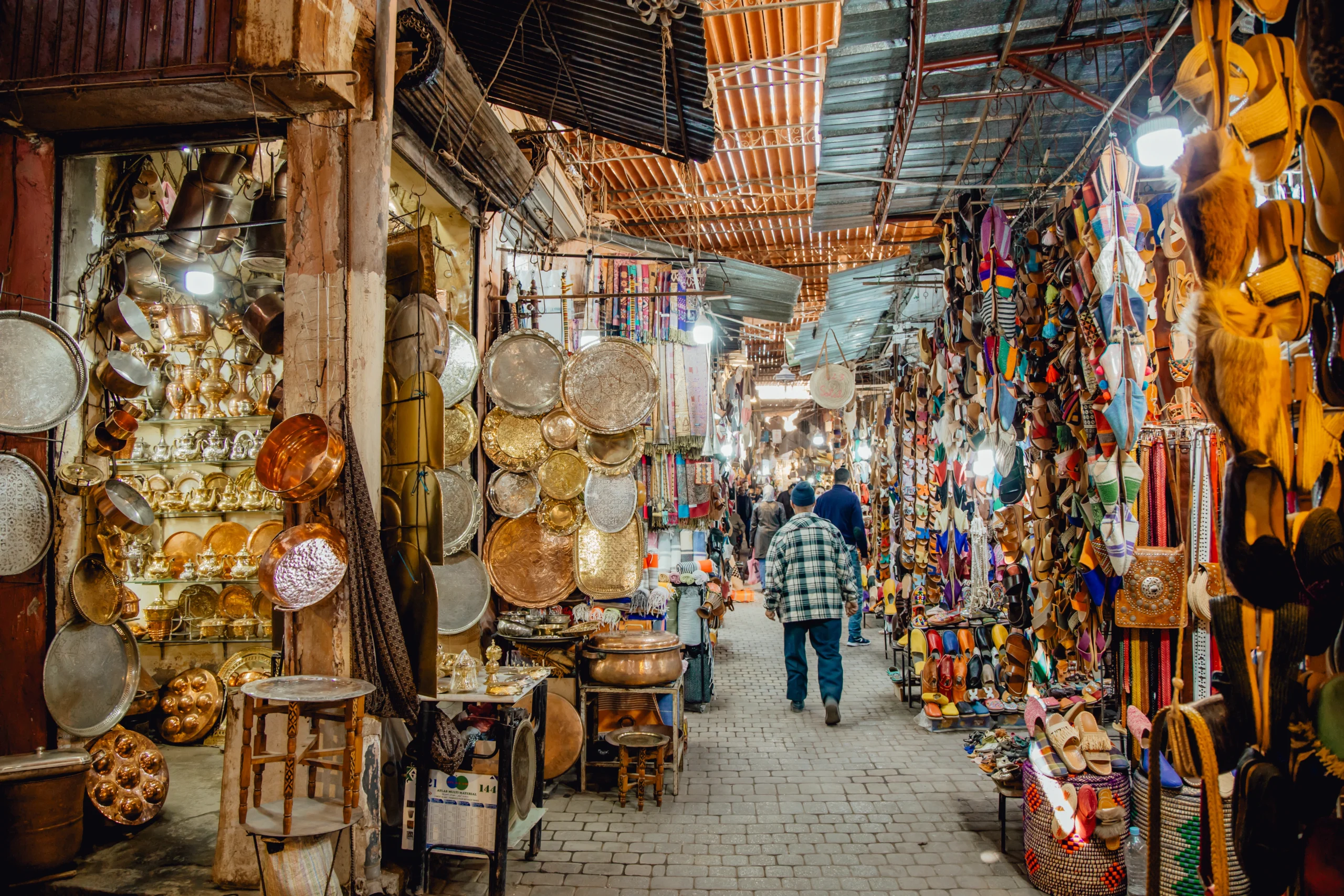Morocco Travel Guide: The Perfect Time to Explore Morocco
Morocco is a magical and magical place, attracting to tourists with its varied landscapes, lively culture, and deep historical roots. This hidden treasure in North Africa has something to offer every kind of explorer, from the hectic souks of Marrakech to the peace and quiet of the Sahara Desert, But when is the best time to visit Morocco? This guide will help you plan your trip to this beautiful country so that you may experience its wonders at the best possible moment.
Morocco Travel Guide: The Perfect Time to Explore Morocco
Table of Contents
- Springtime in Bloom: March to May
- Summer Vibes: June to August
- Autumn Delights: September to November
- Winter Wonderlands: December to February
- Festivals and Events
- Conclusion
FAQs
Morocco Travel Guide: Finding the Perfect Time to Explore the Country's Magic
1) Springtime in Bloom: March to May:
One of the most beautiful times to visit Morocco is during the spring. After a long, cold winter, the country bursts into a show of color as flowers blossom and greenery returns. The moderate and lovely spring weather is perfect for sightseeing and other outdoor pursuits. The famous towns of Marrakech, Fes, and Chefchaouen burst with life and color, while the Atlas Mountains provide excellent hiking options among stunning scenery. Attending the Fes Festival of globe Sacred song is a great way to immerse oneself in Moroccan culture, as it brings together artists from all over the globe to celebrate spiritual harmony via song.
2) Summer Vibes: June to August:
The summer in Morocco may have its advantages and disadvantages. Sea breezes cool down coastal cities like Essaouira, Tangier, Asilah, Casablanca, Taghazout and Agadir, although the interior areas and the Sahara Desert may reach high temperatures. Summer is the time to visit the beautiful beaches of Morocco and take part in a variety of water activities. Cities like Marrakech, Taroudant, Zagora, Agdez, Tafraout and Fes are worth visiting, although the summer heat may make sightseeing difficult. Visit the picturesque seaside towns and arrange your day’s activities for the early morning or late afternoon to avoid the heat.
3) Autumn Delights: September to November:
Morocco is beautiful in the autumn since the summer heat has gone away and the landscapes are still lush and green. Because of the milder weather, this time of year is perfect for visiting museums and other points of historical interest in and around the city. The months of September and October are ideal, with mild days and chilly evenings (average temperatures of 22°C to 28°C, or 72°F to 82°F). Camel trips into the Sahara Desert become possible in the fall, allowing visitors to enjoy the desert’s breathtaking sunsets and stargazing. In addition, the Date Festival in Erfoud is an interesting event to attend since it sheds light on the cultural importance of dates in Morocco.
4) Winter Wonderlands: December to February :
If you want to see Morocco’s varied landscapes in an entirely different way, winter is the best time to visit. Atlas Mountains and Sahara Desert have cooler temperatures (ranging from 3°C to 20°C) and sometimes even snowfall while coastal parts stay enjoyable. Oukaimeden, located in the Atlas Mountains, is a great area to go skiing if you’re a lover of winter sports. Ifrane, often known as “Little Switzerland,” has a magical quality in the wintertime. In February, Tafraoute, a lovely town surrounded by pink almond trees, hosts the Almond Blossom Festival.
Be sure to pack some warm clothes if you’re planning on spending the night in the Sahara.
5) Festivals and Events:
Morocco’s vibrant culture comes to life through its numerous festivals and religious events. Some of the most popular ones include:
1- Religious events
The Islamic fasting month of Ramadan is a major cultural celebration in Morocco. Insights into Islamic customs and hospitality may be gained by visiting Morocco during Ramadan, however it may not be the best time to visit due to certain limitations.
Eid al-Fitr and Eid al-Adha
These two major Islamic festivals are celebrated with joy and devotion throughout the country. It is believed that Abraham was prepared to sacrifice his son in order to appease God on Eid al-Adha, whereas Eid al-Fitr celebrates the conclusion of Ramadan. Visitors to Morocco during these celebrations may enjoy colorful processions, delicious food, and the genuine friendliness of the locals.
2- Festivals
Mawazine Festival
The Mawazine Festival in Rabat is an event that any music lover should not miss. This festival celebrates the rich musical heritage of Morocco by hosting world-renowned performers from all over the globe.
Marrakech International Film Festival
The November Marrakech International Film Festival is not to be missed by cinephiles. Filmmakers, actresses, and movie fans from all over the globe attend this festival to get a look of Morocco’s flourishing film industry.
Gnaoua World Music Festival
The Gnaoua World Music Festival in Essaouira is a must-visit for every music fan. This fascinating amalgam of African, Berber, and Arab musical styles generates an atmosphere that stirs the heart and stirs the spirit.
Rose Festival in Kelaat M’Gouna
Kelaat M’Gouna’s annual Rose Festival, which takes place in the month of May, is a lovely ode to the beautiful Damascus roses that appear there. Take in the march, the tunes, and the chance to purchase rose-themed goods.
Morocco’s allure stems from the country’s year-round availability and its fascinating combination of history, culture, and scenery. The ideal time to visit varies on the individual, since each season has its own unique appeal. When the weather is nice and the flowers are blossoming in the spring, people go to the coast, and in the summer, they flock to the beaches. The weather is just right for sightseeing in the autumn, and you may see a different side of Morocco in the winter. Visiting Morocco in any season will be rewarded with a magical experience rich in heritage and friendly locals.
Each season brings its own charm, and the diverse festivals add even more richness to your journey. So, pack your bags, embrace the allure of Morocco, and embark on a soul-stirring adventure that will leave you with memories to treasure for a lifetime.
FAQs : Morocco Travel Guide: The Perfect Time to Explore Morocco
Q: Is it safe to travel to Morocco during Ramadan?
A: Yes, it is safe to travel to Morocco during Ramadan, but tourists should be respectful of local customs and traditions during this holy month.
Q: Are there any specific dress codes to follow in Morocco?
A: While Morocco is relatively liberal, it is recommended to dress modestly, especially in rural areas and religious sites.
Q: What is the best way to travel between cities in Morocco?
A: Morocco has an efficient transportation system, and tourists can travel between cities by train, bus, or shared taxis.
Q: Can I visit the Sahara Desert in summer?
A: While you can visit the Sahara in summer, be prepared for extremely high temperatures and bring plenty of water and sun protection.
Q: What are the must-try Moroccan dishes?
A: Moroccan cuisine is rich and diverse. Don’t miss trying dishes like tagine, couscous, Pastilla, Harira (traditional soup) and mint tea.
Q: What is the weather like in Morocco during summer?
A: Summer in Morocco can be hot, especially in inland areas and the desert, with temperatures often exceeding 35 °C (95 °F). Coastal regions offer milder temperatures.
Q: Are there skiing opportunities in Morocco during winter?
A: Yes, you can enjoy skiing in the Atlas Mountains, particularly in places like Oukaimeden.
Q: When is the best time to experience the blooming roses in Morocco?
A: The Rose Festival in Kelaat M’Gouna, usually held in May, is the perfect time to witness the blooming Damascus roses and celebrate their beauty.

